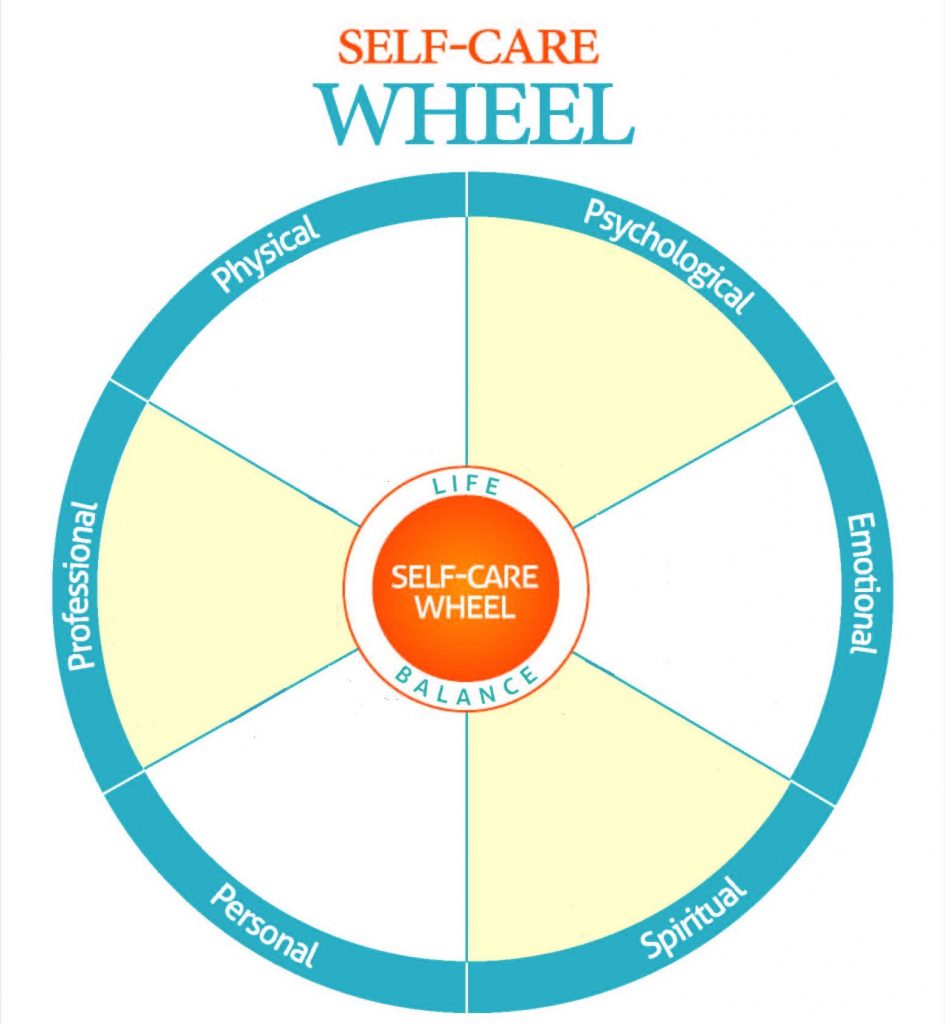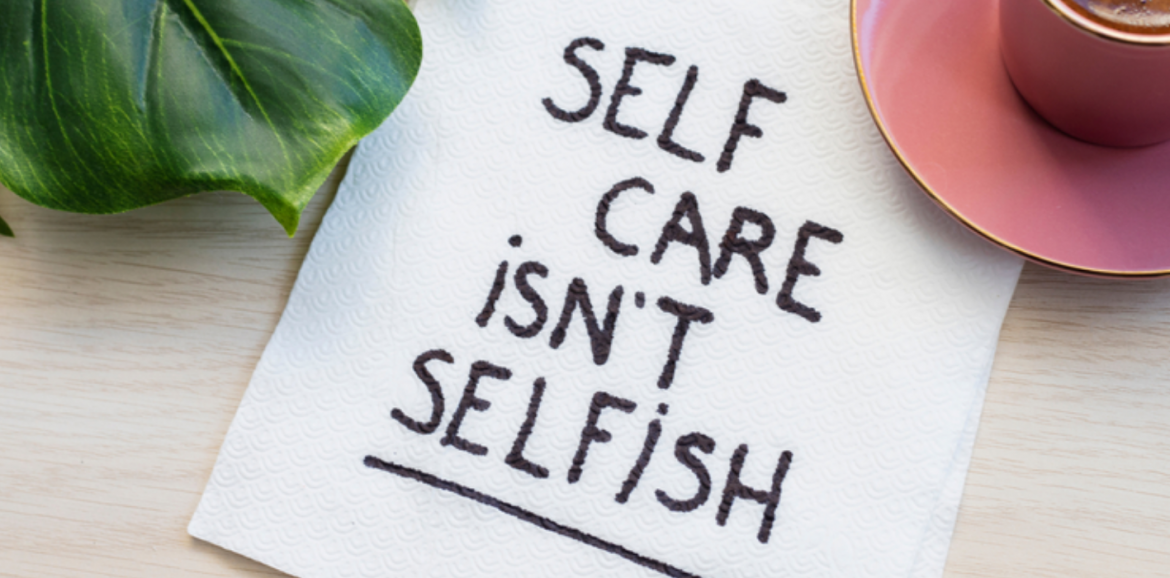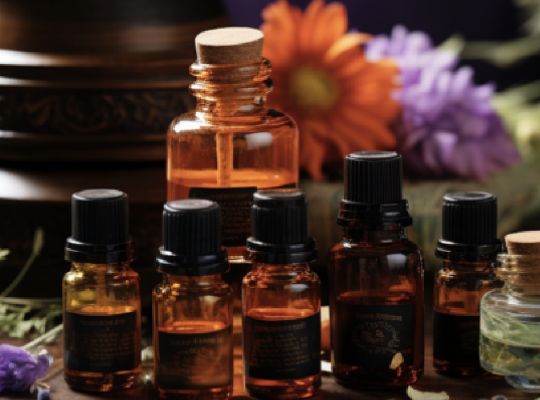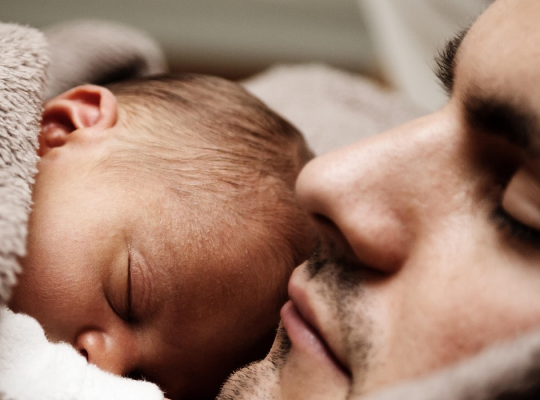Reading Time: 3 minutes
Summary: Self-Care has been defined as the process of establishing behaviours to ensure holistic well-being of oneself, to promote health, and actively manage illness when it occurs. It has been clinically proven that the more consistent someone is with a self-care regime, the better you can manage life’s stresses. It is possible to bridge the gap between Healthcare and Self-Care.
What is Self-Care?
Self-Care is the ability of individuals, families, and communities to promote health, prevent disease, maintain health, and cope with illness and disability with or without the support of a healthcare provider. It means looking after yourself physically, emotionally, mentally, spiritually and socially. Self-Care is essential as it ensures we are doing everything our body and mind need to function at their best.
What are the Benefits of Self-Care?
Self-Care is vital for building resilience toward those stressors in life that you can’t eliminate. Engaging in a self-care routine has been clinically proven to reduce or eliminate anxiety and depression, reduce stress, increase happiness, and more.
Bridging the Gap Between Healthcare and Self-Care
Some Self-Care interventions show promise in increasing the well-being of healthy people. However, the methodological drawbacks limit the use to a wider audience group.
The demand for Self-Care interventions has increased dramatically. However, from a global perspective, there simply are not enough accepted frameworks that apply the same definition to encourage all to gain a better understanding of its benefits. As a result, there has been no global definition established, thereby limiting a workable framework for organisations to work within.
5 Self-Care Activities You Can Do to Get Started
Let’s be honest, a list may read well but you will only achieve amazing benefits when you start to implement and consistently maintain them. I’ve put together 5 basic activities you can begin with:
- Physical Self-Care: Ensure you get enough sleep, eat well, and get enough exercise.
- Activities include Earthing, Bioresonance and more
- Emotional Self-Care: Have healthy ways to deal with difficult emotions like stress, anger, and sadness.
- Social Self-Care: Socialization is key to self-care. Make time for friends and family.
- Mental Self-Care: Take care of your mental health by finding ways to relax, such as reading a book, baking a cake, or anything else creative.
- Spiritual Self-Care: Take time to connect with your spiritual side, whether it’s through prayer, meditation, or simply spending time in nature.
What if you are already doing the above? To take Self-Care one step further, you could use a well-known framework known as The Self-Care Wheel.

Knowledge is Potential Power – Healthcare and Self-Care
Knowledge is only powerful if you apply it. You may know what to do, but are you doing it? You can bridge the gap between healthcare and self-care by applying these strategies, thus moving you towards disease prevention and reversal. There have been numerous studies, including the one linked here, that show self-care being used as a benefit in many aspects of a person’s lifestyle, not just holistic health.
The subject of Self-Care is expansive and this article touches on just a few of the many things that can help you become better at looking after YOU.
Check out the SelfCare Drop at Karen’s Holistic Health Shop
Book your 30-minute FREE appointment with me today so I can help you understand more about a holistic approach to your health that will help you reach your potential and be a better you.




